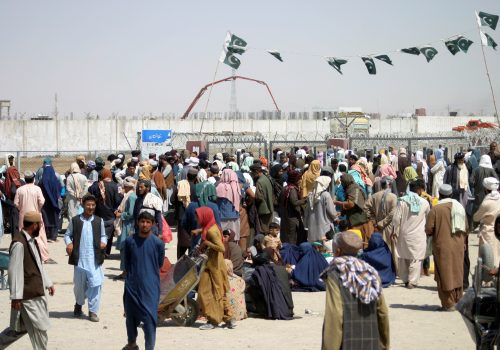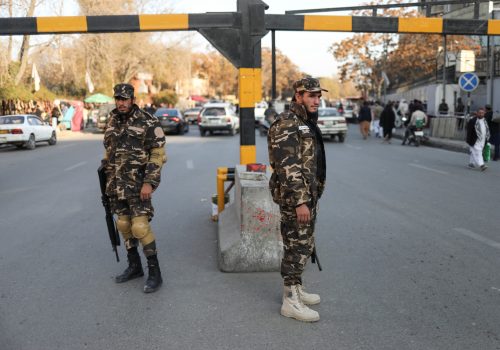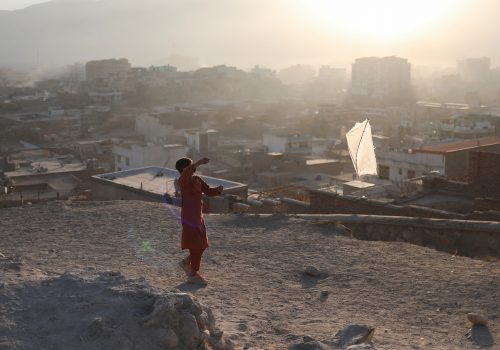After 20 years of fighting a war in Afghanistan, the United States and allies expended over $835 billion on the conflict and another $145 billion in trying to rebuild a country ravaged by foreign invasions and internal battles since 1979. The human toll has been enormous. 2,443 Americans and 1,144 coalition troops were killed. Over 66,000 Afghan troops were killed and at least 48,000 Afghan civilians were killed with even larger numbers wounded. The dead and wounded on the Taliban side may well match or even exceed the casualties listed above. What have we learned from this experience? And how can we be better prepared for the looming humanitarian challenge in Afghanistan as well as the next major conflict or humanitarian disaster that confronts the international community?
Special Inspector General for Afghanistan Reconstruction John F. Sopko joins the Atlantic Council on January 27th from 9:00AM – 10:30AM to discuss lessons learned and share ideas put forward by Americans involved in the Afghanistan conflict to learn from the mistakes of the past. This program comes under the looming threat of humanitarian collapse in Afghanistan and an international community that cannot decide on how to engage its Taliban rulers.
Moderated by South Asia Center distinguished fellow Shuja Nawaz, this program will also be joined by a select group of experts and decision makers from the United States and the region to provide their insights and strengthen the conversation.
Please register using the form below, and you will be emailed instructions for joining the event via Zoom. You may also watch it via livestream on this page.
Featuring
John Sopko
Special Inspector General for Afghanistan Reconstruction
Moderated by
Shuja Nawaz
Distinguished Fellow, South Asia Center
Atlantic Council

The South Asia Center is the hub for the Atlantic Council’s analysis of the political, social, geographical, and cultural diversity of the region. At the intersection of South Asia and its geopolitics, SAC cultivates dialogue to shape policy and forge ties between the region and the global community.


